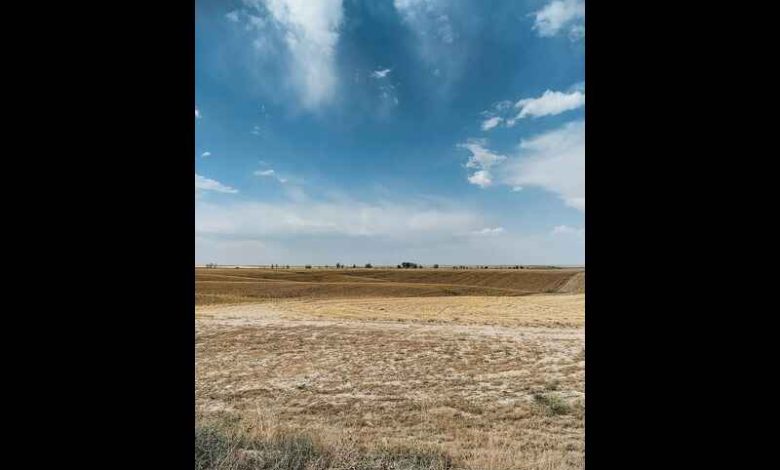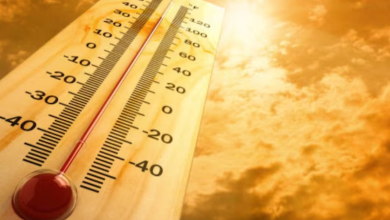
The world’s population depends on drylands. One in three of the world’s population, almost half of its animals and 44% of its food systems reside there. However 20 to 35% of them are degraded.
CGIAR, a world leader in agricultural research, has introduced its 2030 Global Strategy for Resilient Drylands (GSRD) with the goal of transforming agriculture in some of the most dry regions on earth.
For the 2.7 billion people who live in drylands especially in Asia and Africa, it offers a road map for improving food security, protecting biodiversity and creating resilient livelihoods.
The GSRD expands on fifty years of research in dry regions and was unveiled at the 16th Conference of Parties to the United Nations Convention to Combat Desertification (COP16) in Riyadh. According to the statement by the organizations, these regions which are typically thought of to have fragile ecosystems have enormous promise for climate smart agriculture innovation that can be expanded internationally.
In order to address the problems of land degradation, desertification and water scarcity, GSRD presents innovative solutions for the land which are made worse by climate change. The foundation of this approach is made up of technologies like solar powered agrivoltaics, advanced agroforestry, better animal feeding techniques and the development of climate resilient crops including cacti, barley, lentils and chickpeas.
Adapting agrifood systems to climate change, preserving biodiversity, managing soil and water resources sustainably, encouraging healthy diets and promoting inclusive development are the five main areas of concentration listed in the strategy. In addition to enhancing global agricultural resilience, these initiatives seek to strengthen dryland communities as well.
Drylands are experiencing 20 to 40% faster rates of warming than other regions making them at the heart of climate change. Since 70% of the world’s hungry reside in regions impacted by conflict and environmental weakness, changing dryland agriculture is essential to combating global food insecurity.



